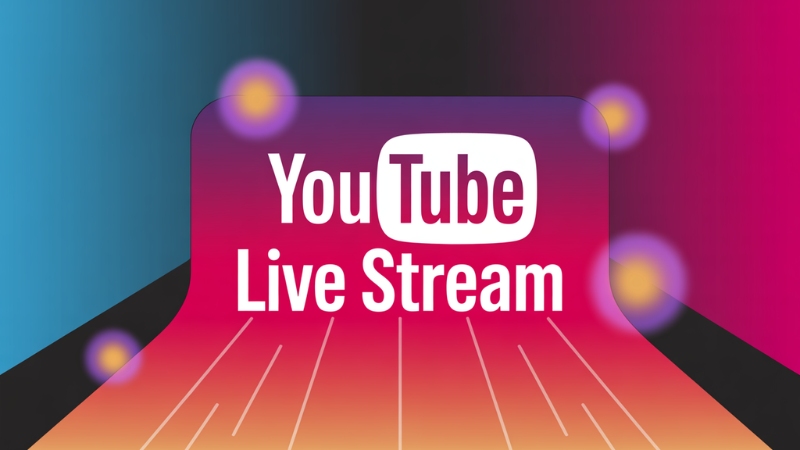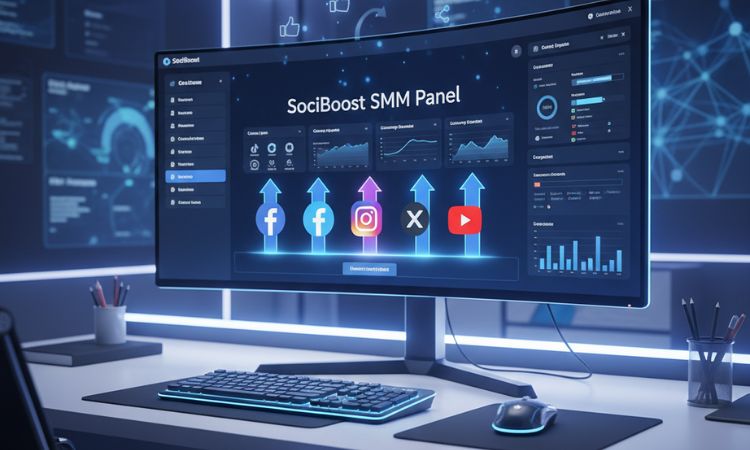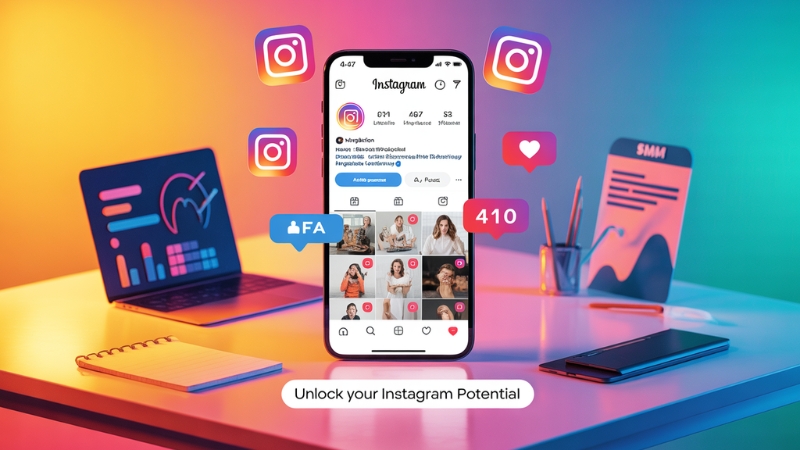Unpacking How Social Media Boosts Your Revenue
Now that we are in 2025, we are seeing the rise of social media, especially for businesses. And why wouldn’t it? Close to half of the world’s population, over 4.48 billion people, are active across all social media platforms.
As such, social media marketing has become one of the most effective marketing techniques for businesses in all industries. It does an amazing job of captivating your audience and making them purchase your product or service.
How does social media boost your business revenue? That is what we will be answering. We will look at the eight main ways social media boosts your revenue.
The more effective your social media marketing plan is, the more ways it can help you. So, by learning how social media boosts your revenue, you can refine your marketing plan to take advantage of these benefits.
Content Summary
Increase Brand Awareness
A major benefit of using social media is that it boosts brand awareness. You establish a robust online presence by regularly showcasing your brand's personality, values, and offerings.
This increased visibility is vital in helping potential customers recognize your brand when purchasing. Consequently, this is how social media boosts your revenue.
Advertise On Social Media
Social media platforms provide targeted advertising solutions, enabling you to reach specific demographics matching your target audience.
Well-planned paid promotions can amplify your message, attracting potential customers to your products or services. This focused approach improves the efficiency of your advertising budget, increasing your return on investment (ROI).
Foster Organic Engagement
Social media engagement isn't just about likes and shares; it involves building meaningful connections with your audience. Responding to comments, asking questions, and actively participating in conversations contribute to creating a friendly community.
This natural engagement strengthens relationships with existing customers and draws in new ones. As engagement increases, so does the potential for higher revenue through customer loyalty and word-of-mouth referrals.
Build Credibility And Relationships Early
Social media is a platform to showcase your expertise and build credibility in your industry. Consistently sharing valuable content, industry insights, and customer testimonials helps establish trust with your main audience.
When customers trust a brand, it often leads to early-stage relationships that can result in increased revenue through repeat business and referrals.
Drive Social Media Traffic To Your Main Website
Your social media channels can act as a gateway to your main website. Strategically including links and call-to-action buttons in your posts guides your social media audience to explore your website.
This increased traffic enhances your website's SEO and creates more chances for conversions, ultimately positively impacting your revenue.
Reduce Contact Research Time
Social media enables potential customers to easily access information about your business. A well-optimized social media profile with clear details minimizes customers' time researching your products or services.
This streamlined approach can result in quicker decision-making, leading to faster conversions and revenue generation.
Improved Lead Conversion Rate
Interacting with potential customers on social media creates a personalized experience. Addressing queries, offering valuable information, and showcasing your brand's personality enhance the likelihood of converting leads into customers.
The personalized touch and connection fostered through these social media interactions contribute to an improved lead conversion rate, positively impacting your bottom line.
Influencer Marketing
Working with influencers in your industry can introduce your brand to a wider audience. Influencers already possess a loyal following, and their support can significantly boost your credibility and reach.
This heightened exposure often results in more leads and, consequently, higher revenue.
Common Pitfalls to Avoid in Social Media Marketing
Inconsistent Branding
Maintaining consistent branding is vital to prevent confusion across various social media platforms. If your brand's message, visuals, or tone differ, it can erode trust and result in a lack of confidence from your audience.
Establish clear branding guidelines and apply them across all channels to build a unified, recognizable identity.
Ignoring Audience Engagement
Neglecting comments and messages is a frequent error. Actively responding fosters community, strengthens brand loyalty, and increases the chances of positive referrals.
Overlooking Analytics
Analytics offer essential data on content performance and audience behavior. Ignoring them means missing chances to optimize your strategy.
Regularly review insights to understand what works and adjust accordingly.
Being Too Salesy
Constant sales pitches can push people away. Social users want helpful and authentic content, not endless promotions.
Balance educational, entertaining, and promotional posts to build trust and long-term relationships.
Neglecting Platform-Specific Strategies
Each platform has its own audience and style. Copy-pasting the same content everywhere reduces impact.
Tailor your content format, tone, and frequency to each platform for the best results.
Conclusion
Knowing how social media boosts your revenue, the next step is implementing it in your business. There are many more ways social media can make your brand more profitable.
Its biggest advantage is helping you connect with your audience more naturally, where they already spend their time.
Just remember: alongside the benefits, there are pitfalls. Plan carefully, avoid the common mistakes above, and use social media strategically to maximize revenue.





